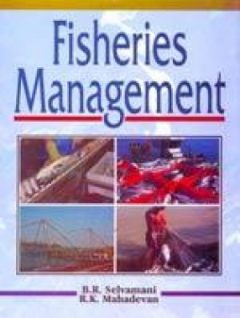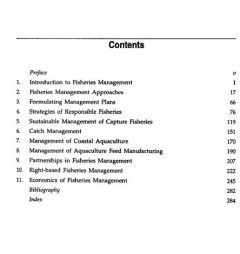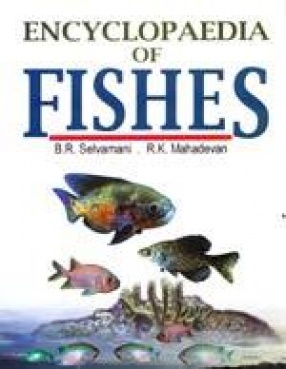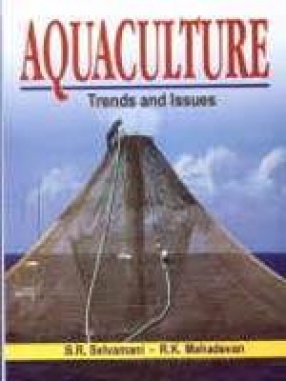Fisheries management is the integrated process of information gathering, analysis, planning, consultation, decision-making, allocation of resources and formulation and implementation, with enforcement as necessary, of regulations or rules which govern fisheries activities in order to ensure the continued productivity of the resources and the accomplishment of other fisheries objectives. It involves a complex and wide-ranging set of tasks, which collectively have the achievement of sustained optimal benefits from the resources as the underlying goal. The overriding goal of fisheries management is the long-term sustainable use of the fisheries resources. Achieving this requires a proactive approach and should involve actively seeking ways to optimise the benefits derived from the resources available. There has been a lot of interest in recent years in moving from fisheries management focused essentially on single-species or single fisheries, to management with an ecosystem orientation. This expanded approach known as ‘ecosystem based fisheries management’ implies more effective conservation of the ecosystem and sustainable use. This publication strives to identify the primary tasks in management of capture fisheries, with particular emphasis on sustainable utilisation of the biological resources, and to demonstrate how these tasks should be undertaken in an integrated and coordinated manner to obtain the desired benefits from the biological resources in a sustainable and responsible manner. It is intended primarily for the practising fishery managers decision-makers, students and teachers of fisheries and aquaculture.
Encyclopaedia of Fishes (In 9 Volumes)
$927.90
$1031.00










There are no reviews yet.